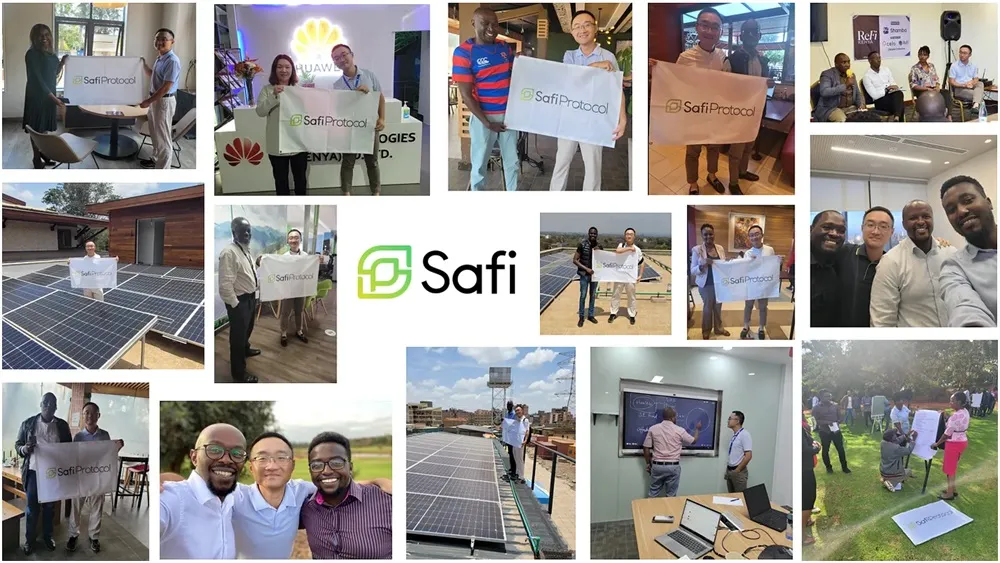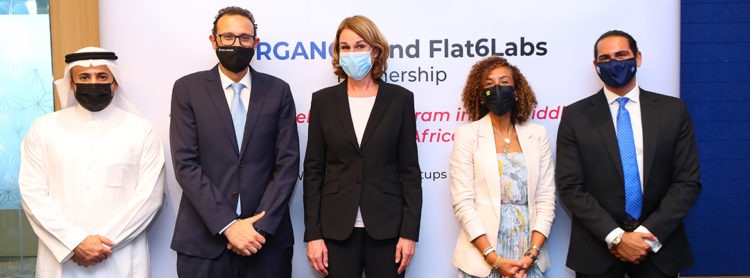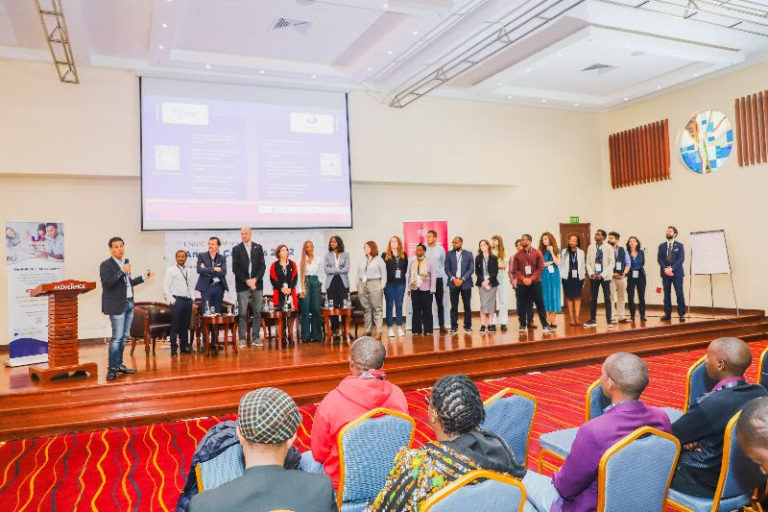How blockchain and DeFi are used by Kenya’s Safi Protocol to increase access to clean energy

Kenya’s Safi Protocol is a blockchain-based platform that connects certified real-world African renewable energy consumers with the decentralised finance (DeFi) ecosystem.
Founded in 2022, Safi Protocol provides DeFi users with a cutting-edge investment channel while facilitating easy access to renewable energy solutions for individuals and enterprises.
Co-founder and head of operations George Mosomi told Disrupt Africa, “basically, we connect individuals looking to invest their cryptocurrency assets with clean energy projects in need of funding, creating a win-win situation that promotes sustainability and financial growth.”
The founding team’s shared enthusiasm for sustainability, carbon money, and blockchain technology gave rise to the business idea.
We discovered a huge vacuum in the market wherein financing for renewable energy projects, especially those in Africa, is frequently difficult to get because of limited access to international capital markets. According to Mosomi, traditional financing techniques are frequently laborious and time-consuming.
In order to solve this, our platform links these projects with DeFi investors who are searching for alternatives outside of conventional assets. Although there might be rivals in the DeFi and renewable energy domains, Safi Protocol stands out due to its distinctive combination of both industries.
Safi Protocol successfully completed a pre-seed round from its early advisers after bootstrapping its way to the MVP.
According to Mosomi, the early adoption of the Safi Protocol has shown promise. “This capital has been instrumental in developing our platform and expanding our reach to four countries,” he added.
We’ve noticed an increase in interest from sustainable energy projects and cryptocurrency investors since our launch. In less than a year, we have onboarded 50 renewable energy projects onto our platform, and our user base has been growing quickly. We are continually working on improving the platform based on the feedback from our early users, who have responded well, he said.
Safi Protocol is currently in use in Nigeria, South Africa, Uganda, and Kenya.
“Our goal is to establish a strong presence in these markets and build partnerships with local clean energy projects. In terms of expansion, we have plans to gradually extend our reach to other African countries with Zambia, Malawi and Ghana being our top priorities and eventually explore opportunities in other regions with similar energy challenges and a growing interest in DeFi,” said Mosomi.
Transaction fees and other value-added services provided on the platform, like asset management and sustainability asset collateralization, are how Safi Protocol makes money.
Users are now able to access various financial services that would not have been possible without them by extending their real-world assets. Though it’s crucial to remember that, as a relatively new business, our revenue streams are growing as we add more projects and users to our platform. With our user base continuing to grow, we have a clear road to profitability, which we expect to accomplish in 2024, according to Mosomi.







